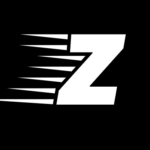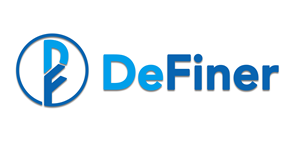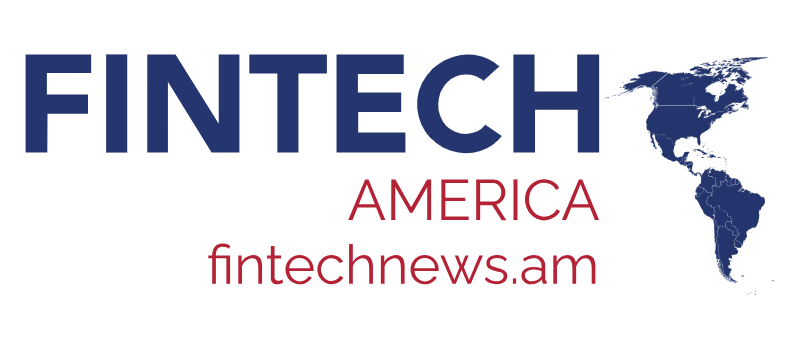Throughout the years, the US has produced some of the world’s leading fintechs including popular names such as Acorns, Affirm, Betterment, Credit Karma, Hippo Insurance, Lemonade and Stripe.
But the country is also home to a large community of young, early stage fintech startups with great potential. To keep with this rapidly evolving landscape, we look today at eight undiscovered, early stage fintech startups from the US to keep a close eye on this year. All of them are rapidly attracting the attention of investors, and recently raised seed funding to fund growth and expand their teams.
Oxygen

Founded in 2018 and based in San Francisco, Oxygen is a new neo challenger bank focused on freelancers and the gig-economy at large, offering free banking and credit solutions via a mobile app through its banking partner ReliefClub.
Oxygen has developed artificial intelligence (AI) models that track freelancers’ bills, projects their income and offers instant credit when needed, a unique service combination which the startup claims no other bank or payday lender offers.
Oxygen has raised US$5.5 million in funding so far and is backed by 500 Startups, Pioneer Fund, Runa Capital, and Base Ventures, among others.
Agora Services

Founded in 2018, Agora Services is a provider of modern and personalized digital platform banking solutions such as teen/parent banking, solutions for gig economy workers, elderly-care financial accounts, and much more.
The startup banks enhance their legacy payment platforms for a better user experience with their modular suite of white label products via a ready to deliver application programming interface (API) that works with their existing core.
Self-proclaimed the “fintech enabler for banks,” Agora Services says its product offerings allows them to accelerate digitalization, improve user experience, and create opportunities to increase deposits and revenues.
Agora Services secured US$2 million in seed funding in February 2020, which it said it would use to open its new headquarters in Atlanta, fuel its growth and sales, and deploy its first clients. The startup graduated from MasterCard’s Start Path fintech program in 2018, and participated in the ICBA ThinkTech program last year.
Zabo (by Modular)
Founded in 2018 and based in Dallas, Modular is the developer of Zabo, a solution that enables any financial services company to connect to their customers’ crypto wallets in a few lines of code. Zabo’s API, launched in September 2019, allows financial companies to do a single integration to connect to thousands of exchanges, wallets and cryptocurrencies, addressing the fragmented landscape of crypto accounts, wallets and protocols.
Zabo claims its solution reduces integration lead times by up to 80% while consuming a fraction of the engineering resources normally required.
In March 2020, the startup raised US$2.5 million in seed funding which it said it would use to hire new talents, add more partners and connections into the Zabo API, and increase customer and partner support.
BucksApp

Founded in 2019 and based in Miami, BuckApps is a fintech company providing financial services to college/university students in the US.
The startup has developed a mobile application that allows students to get cash advances and help them build their credit.
After a student downloads the app, registers and applies, which takes only a few minutes, BucksApp makes a quick approval decision and delivers money to the student’s bank account in the shortest possible time. Students can borrow up to US$200 and can repay the amount selected in equal installment payments to up to 120 days.
BucksApp raised US$2 million in seed funding earlier this year.
ZeFi

Founded in early 2020, ZeFi is developing a savings account product that would allow customers to connect their bank account to deposit USD and crypto assets to earn interest.
ZeFi would convert USD deposits to “stablecoin” cryptocurrencies and lend it out to borrowers. All these loans would be over-collateralized by more than 150% with digital-assets as collateral.
Users would be allowed to start saving with as little as US$5, would be able to withdraw their funds anytime, and the account would accrue interest in real time. ZeFi also promises a “revolutionary” onboarding process which would take users less than a minute to open a savings account, as well advanced fraud monitoring and security.
ZeFi is backed by Y Combinator.
Crowdforce
![]()
Headquartered in San Francisco and founded in 2016, Crowdforce has developed Africa’s largest, technology-driven, agent distribution network for market research and financial services. The startup has built a network of 90,000 agents and 7,000 fixed location merchants, through which it provides services in the fields of payments, data and analytics, and more.
Aside from helping connect people with financial services, CrowdForce also helps businesses and government institutions access reliable market data.
Crowdforce has raised US$500,000 in funding so far from investors including 500 Startups, Ventures Platform and Right Side Capital.
Pipe

Founded in September 2019, Pipe is a financing platform for software-as-a-service (SaaS) companies, offering SaaS companies a way to grow without diluting their current cap table. Pipe does that by providing an instant cash advance against the full annual value of a company’s software subscriptions.
The company’s platform assesses a customer’s key metrics by integrating with its accounting, billing and subscription management systems. It then makes “an instant decision on whether the company qualifies for a PipeLine of finance.” Facilities range from US$10,000 per month to several million dollars per month for later-stage companies.
Pipe is going after the US$250 billion worldwide cloud services market, and raised US$6 million in a seed funding in February 2020, which it said it would use to expand its sales and engineering teams out of its Los Angeles headquarters and in San Francisco and Phoenix.
DeFiner

Founded in 2018 and based in Minneapolis, DeFiner is a blockchain startup that has developed a peer-to-peer (P2P) fintech network for digital asset savings, loans and payments.
Currently, DeFiner offers a decentralized lending marketplace to securely borrow and lend digital assets through smart contracts on the blockchain. All loans are fully collateralized and secured on an immutable blockchain.
By partnering with industry leaders including Binance, Kyber Network, and Wyre, DeFiner is able to provide liquidity, reduced lending fees, 24/7 on-demand loans, and reduced transaction time.
In March 2020, DeFiner raised US$250,000 in pre-seed money and joined Nex Cubed’s Fintech Accelerator program. Later this year, the startup will be joining the Abu Dhabi Tech Stars accelerator 2020 cohort.
DeFiner won the Detroit Fintech Challenge last year.
This article first appeared on fintechnews.ch

